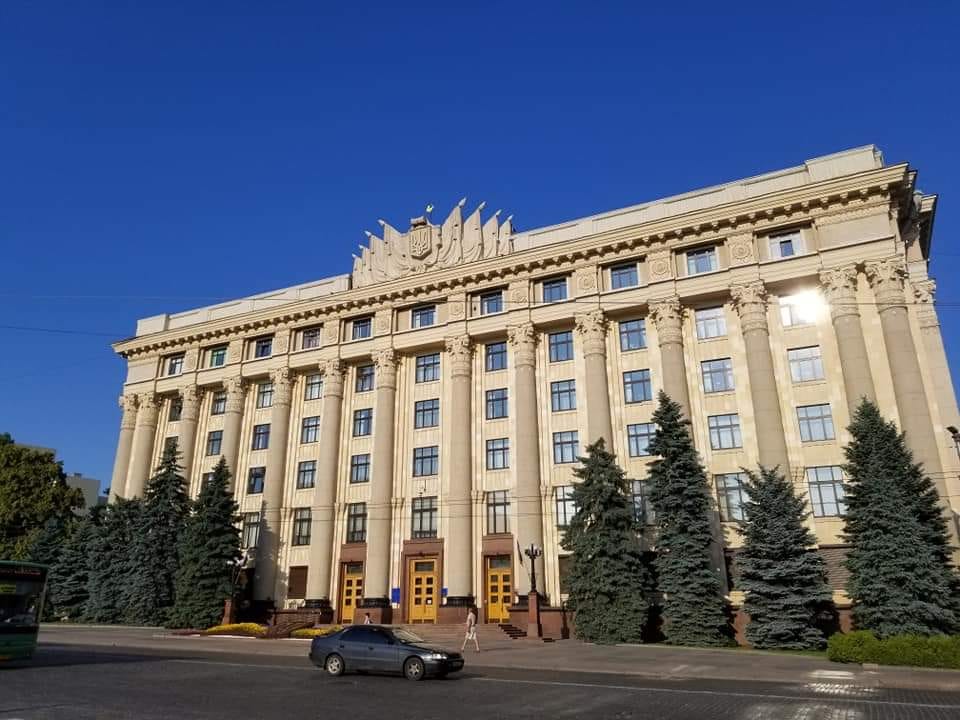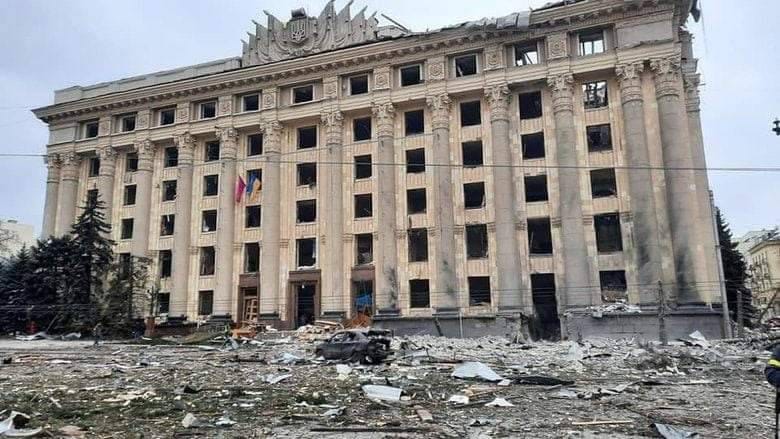Oral History: An American witnesses the Russian invasion of Ukraine - Intro
Written by: Val Stutz, Edited by: Wilmer Rojas, Quotes in this series have been edited for readability and concision.
“I hate to say it, but there's a part of me that really regrets leaving,” said Andy, an American who made Ukraine his home. “I feel kind of helpless out here, like I'm close enough to help. I think, ‘Somebody get me a truck. Give me something. Give me some supplies. And I'll take it right back in.’ I used to drive a bus so it is something I could reasonably do.’
It’s a sentiment of helplessness that rings true for so many who have left Ukraine.
“I think I've spent somewhere around a total of three years of my life in Ukraine,” he explained. “I can't say I know everything but it's given me a good picture of what it's like here. There are so many more similarities than differences between Ukrainians and Americans. These people want the same things as we do. They want to fall in love. They want to go to a cafe and have a cup of coffee. They want to listen to the same music. They watch the same movies. They get excited about cars. The list goes on.”
Andy was living in Kharkiv, Ukraine’s second largest city. He taught English, rented a room from a Ukrainian pensioner, went camping around the city, and took in the Ukrainian culture. Kharkiv was the city he loved, where he wanted to stay, his chosen home. Then, on February 24th, Russia invaded the country and Andy found himself debating his next moves.
Kharkiv, like so many Ukrainian cities, has transformed from a dynamic, electrifying city of self-assured and independence-minded Ukrainians to a bombed out shell of its former self. The once colorful buildings around the downtown near Freedom Square are now skeletal; every window is shattered and the smell of wartime smoke clouds the air. It is one of many reminders that ten years of Ukrainian progress have been wrecked within a month by Russia.
This is Andy’s story. What it was like when he arrived, how he fell in love with the country, how he had to flee after the invasion. It’s the story of an American teacher who tried to make a home in a nation within a complicated geopolitical landscape. The background will be explained as necessary to help readers understand the context of his experience.
Andy’s story will be posted in the following installments for ease of reading:
— Part I: Crimea was not a civil war - A reflection on the current invasion
— Part II: The (literal) cost of war
— Part III: “This is not my first war.”
— Part IV: The invasion begins
— Part V: Russians knocking at the door
Next article is Part I: Crimea was not a civil war: A reflection on the current invasion




